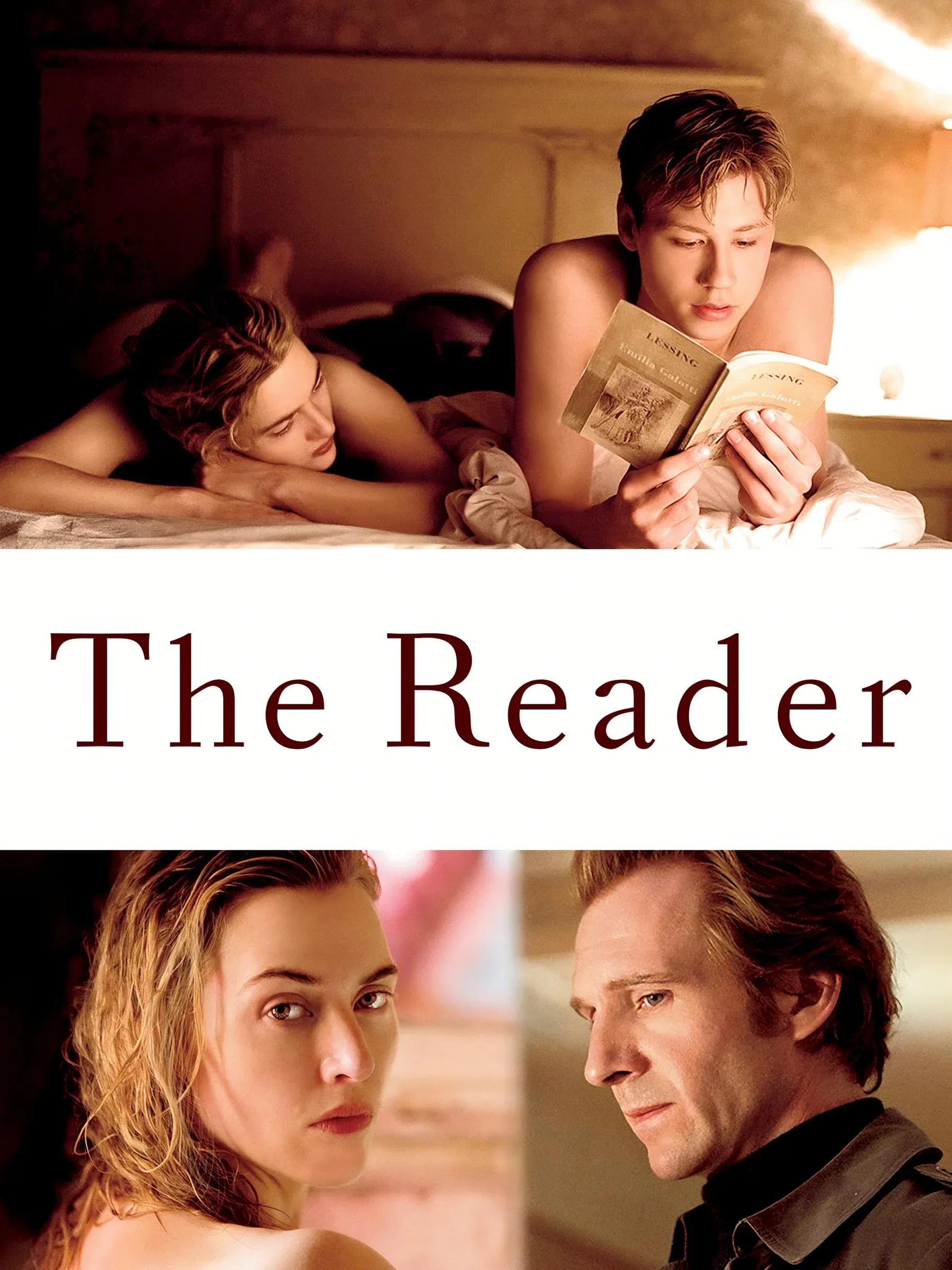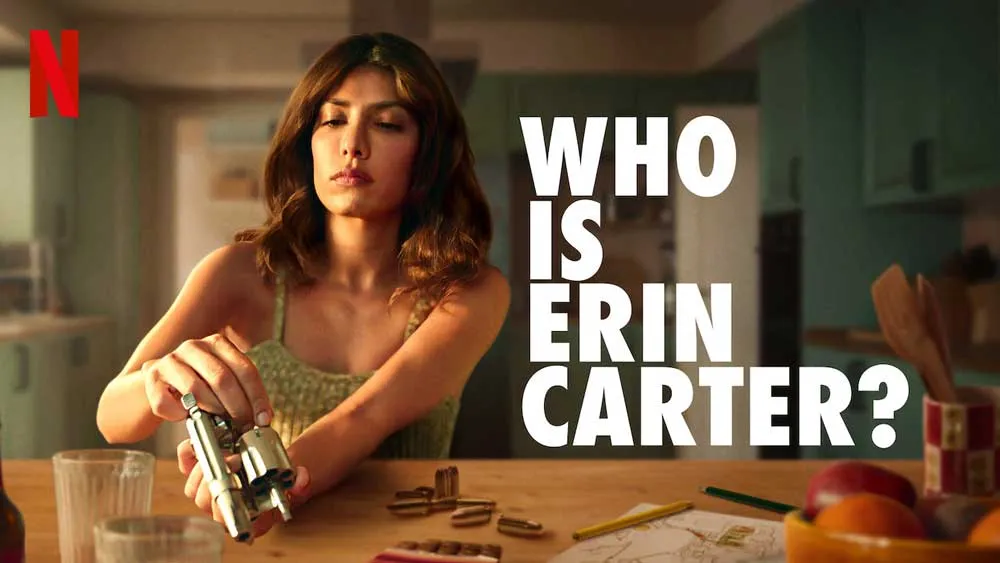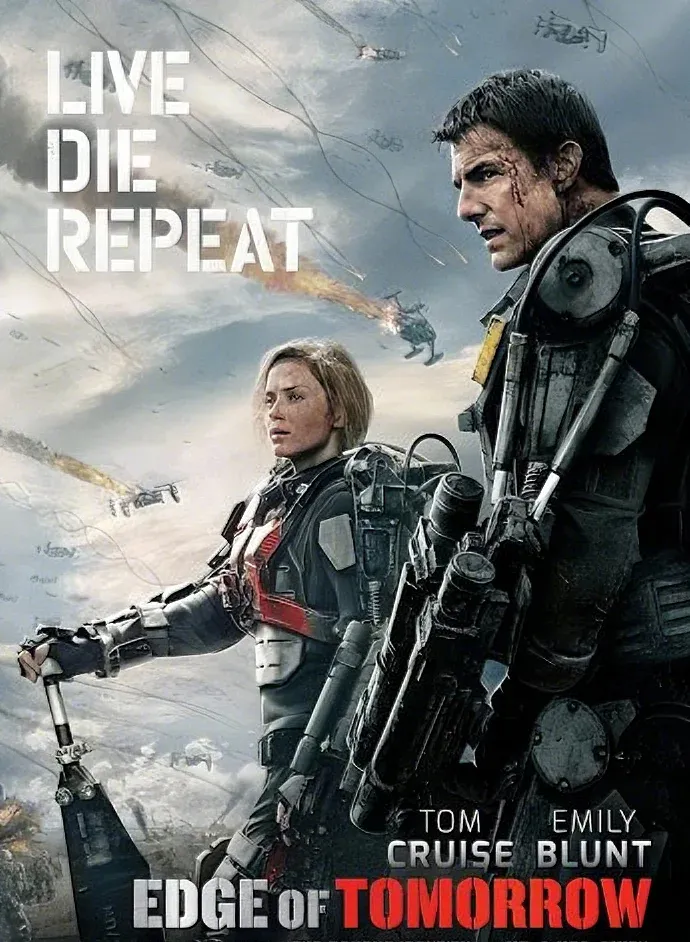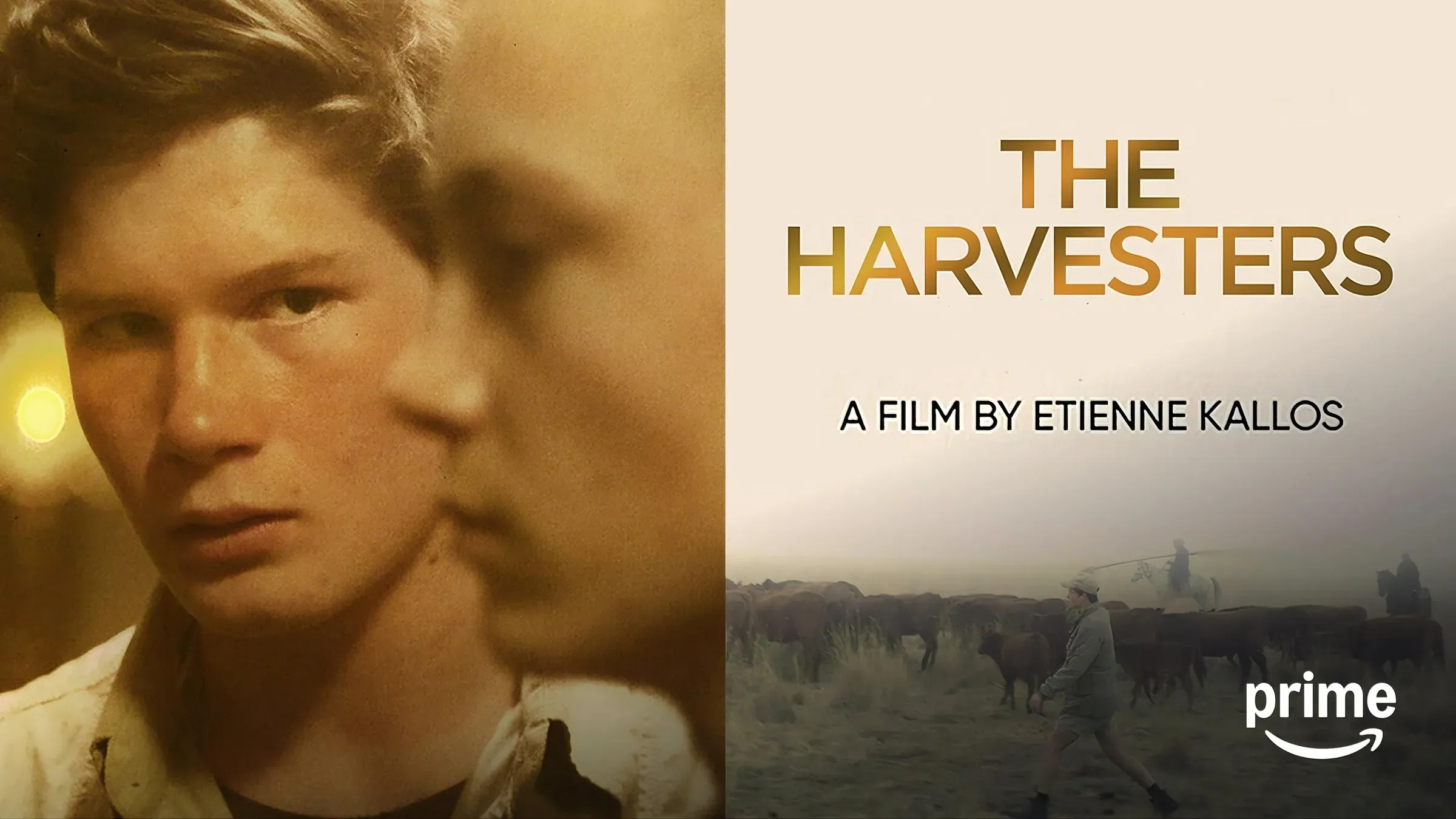The Reader is a 2008 romantic drama film directed by Stephen Daldry and based on the 1995 novel of the same name by Bernhard Schlink. It stars Kate Winslet, Ralph Fiennes, and David Kross and explores the complex relationship between love, morality, and guilt in post-World War II Germany.
The film delves into the psychological scars left by the Holocaust, examining the consequences of past actions and the burden of history on future generations. It challenges the audience to confront difficult moral questions about personal responsibility, justice, and redemption.
Part 1: The Affair (1958-1959)
The story begins in 1958 in West Germany, where 15-year-old Michael Berg (played by David Kross) suddenly falls ill with scarlet fever while walking home. A 36-year-old woman, Hanna Schmitz (Kate Winslet), finds him and helps him return home. After recovering, Michael visits her to thank her for her kindness, and despite their age difference, they begin a passionate but secret love affair.
Hanna is a reserved and somewhat enigmatic woman who works as a tram conductor. She insists that Michael read to her before they make love, requesting books like The Odyssey, The Lady with the Little Dog, and Huckleberry Finn. Their relationship revolves around this routine, and Michael becomes deeply infatuated with her.
However, Hanna remains emotionally distant and never shares details about her past. One day, she suddenly disappears without warning, leaving Michael heartbroken and confused.

Part 2: The Trial (1966)
Years later, in 1966, Michael is a law student attending a war crimes seminar at Heidelberg University. As part of his studies, he observes a Nazi war crimes trial involving several former SS guards who were accused of letting 300 Jewish women perish in a burning church during the Holocaust.
To his shock, one of the defendants is Hanna Schmitz. He watches as she is accused of writing a report about the church fire—something that would have required her to be literate. To avoid admitting she is illiterate, Hanna falsely confesses to writing the document, which leads to her receiving a life sentence, while the other defendants receive lesser punishments.
Michael realizes that her illiteracy has shaped her entire life, forcing her into circumstances where she had to follow orders rather than question them. He struggles with whether or not to reveal her secret, knowing it could reduce her sentence. However, he ultimately remains silent, feeling conflicted about exposing her past.

Part 3: Atonement and Redemption (1980s-1990s)
Decades pass, and Michael (now played by Ralph Fiennes) struggles with emotional detachment, haunted by his past. In an attempt to reconnect with Hanna, he begins recording audiobooks of the novels he once read to her and sends them to her in prison.
Hanna listens to the tapes and, over time, teaches herself how to read and write. Before her release, Michael visits her in person for the first time in years. She looks frail and aged but is happy to see him. She asks him what he has learned from their past, but Michael avoids deep conversations.
A week later, just before her scheduled release, Hanna commits suicide in her prison cell. She leaves behind a note and all the books he sent her. In her final act, she donates her remaining money to a Jewish charity as a gesture of atonement.
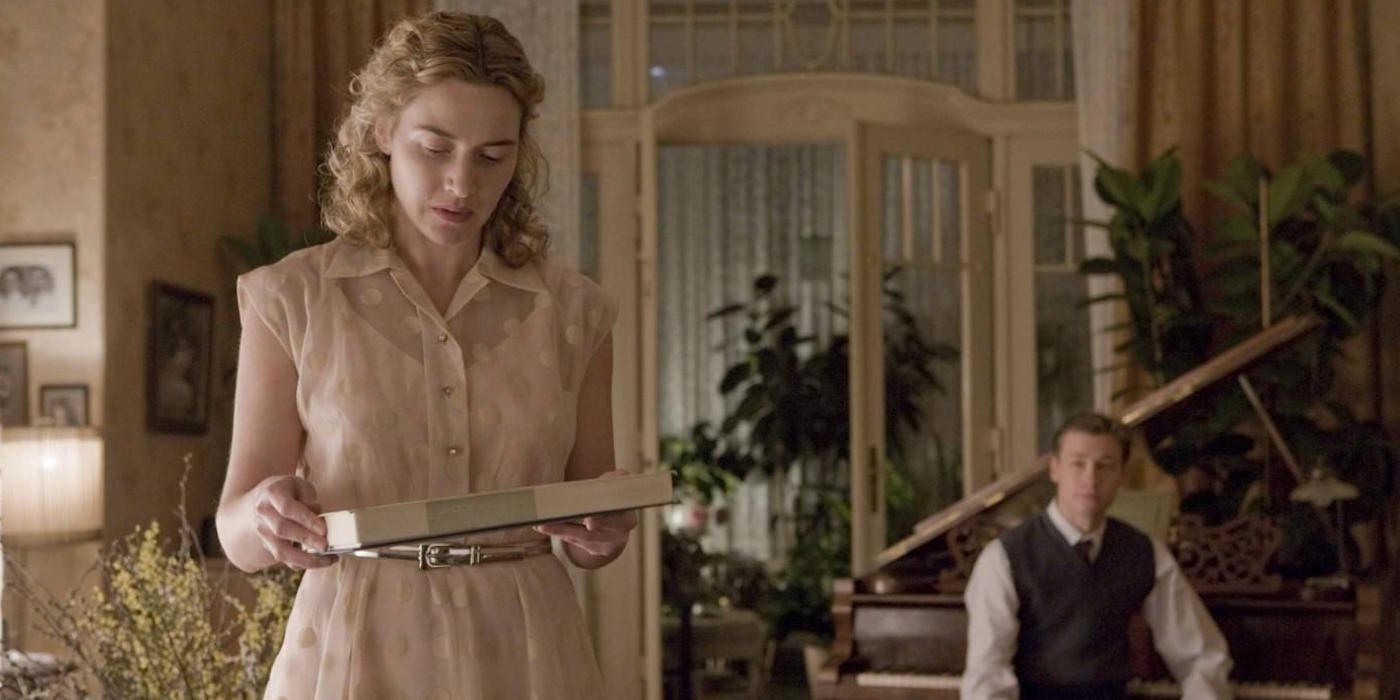
Part 4: The Final Revelation (1995)
Michael travels to New York to meet Ilana Mather (Lena Olin), a Holocaust survivor who had testified against Hanna at the trial. He tells her about Hanna’s illiteracy and suicide, hoping for some form of understanding. However, Ilana remains indifferent, telling him that Hanna’s actions do not change the past.
The film ends with Michael taking his daughter to Hanna’s grave, where he finally shares his long-hidden story.
The Reader is a deeply emotional and thought-provoking film that explores the complexities of love, guilt, and historical responsibility. It does not provide easy answers but instead leaves the audience with moral dilemmas to ponder.
